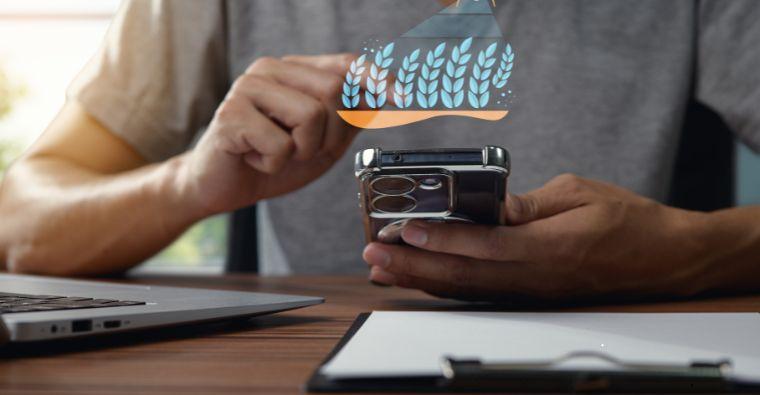User-Centered Design
Emphasizing User Experience (UX)
User-centered design is a cornerstone of innovative product design. By prioritizing the needs, preferences, and pain points of users, designers can create products that offer enhanced functionality and usability. Techniques like user testing, surveys, and interviews can provide valuable insights that shape the design process.
Iterative Prototyping
Rapid prototyping allows designers to create multiple iterations of a product based on user feedback. This approach helps identify flaws early in the design process, leading to a final product that better meets user expectations.
Sustainable Design Practices
Eco-Friendly Materials
Sustainability is a significant trend in product design. Designers are increasingly exploring eco-friendly materials, such as recycled plastics, bamboo, and organic fabrics, to create products that minimize environmental impact. This trend not only addresses consumer demand for sustainable options but also aligns with corporate social responsibility goals.
Life Cycle Assessment
Incorporating life cycle assessment (LCA) in the design process helps designers evaluate the environmental impact of a product from its creation to disposal. This comprehensive approach encourages the development of products that are not only functional but also environmentally responsible.
Integration of Technology
Smart Products
The rise of the Internet of Things (IoT) has led to the creation of smart products that offer enhanced functionality through connectivity. Designers are integrating technology into everyday items, allowing them to collect data, communicate with other devices, and improve user interaction.
Augmented Reality (AR) and Virtual Reality (VR)
AR and VR technologies are revolutionizing product design by providing immersive experiences for designers and users alike. Designers can use these technologies to visualize and interact with products in a virtual environment, leading to more informed design decisions.
Modular and Customizable Designs
Modular Product Architecture
Modular design allows products to be assembled and disassembled easily, providing consumers with flexibility and adaptability. This approach not only enhances user experience but also promotes sustainability by enabling repairs and upgrades rather than complete replacements.
Customization Options
Offering customization options empowers users to tailor products to their specific needs and preferences. Designers can leverage digital tools and platforms to facilitate the customization process, creating a more personalized user experience.
Cross-Disciplinary Collaboration
Collaborative Design Teams
Innovative product design often results from collaboration across various disciplines, including engineering, marketing, and psychology. By bringing together diverse perspectives and expertise, teams can generate fresh ideas and approaches that drive innovation.
Crowdsourcing Ideas
Engaging with consumers through crowdsourcing can provide valuable insights and ideas for product design. By tapping into the collective creativity of a broader audience, designers can discover unique concepts and trends that may not have been considered otherwise.
Design Thinking Approach
Empathy-Driven Problem Solving
The design thinking methodology focuses on understanding user needs through empathy and observation. By framing design challenges around real-world problems, designers can develop innovative solutions that resonate with users.
Prototyping and Testing
Design thinking emphasizes the importance of prototyping and testing ideas quickly. This iterative process encourages experimentation and exploration, leading to breakthrough innovations in product design.




